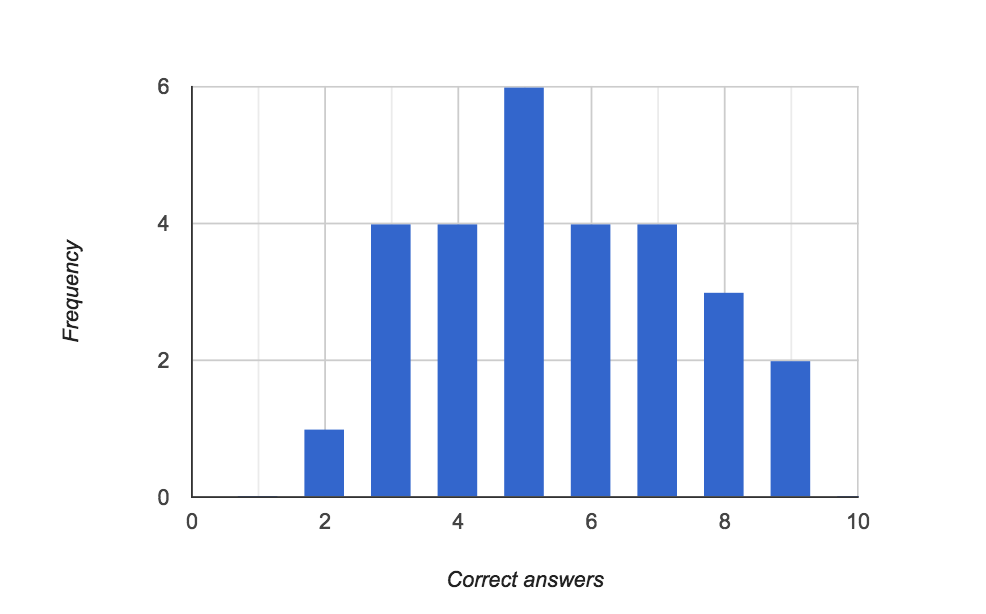Acceptance Criteria and Conditions of Satisfaction
When I recently asked a room full of people “What is the difference between Acceptance Criteria and Conditions of Satisfaction?”, I expected definitions to be agreed pretty quickly. After all, this was the opening gambit to take us on to the deeper discussion of their respective values and best approaches… Read More »Acceptance Criteria and Conditions of Satisfaction






